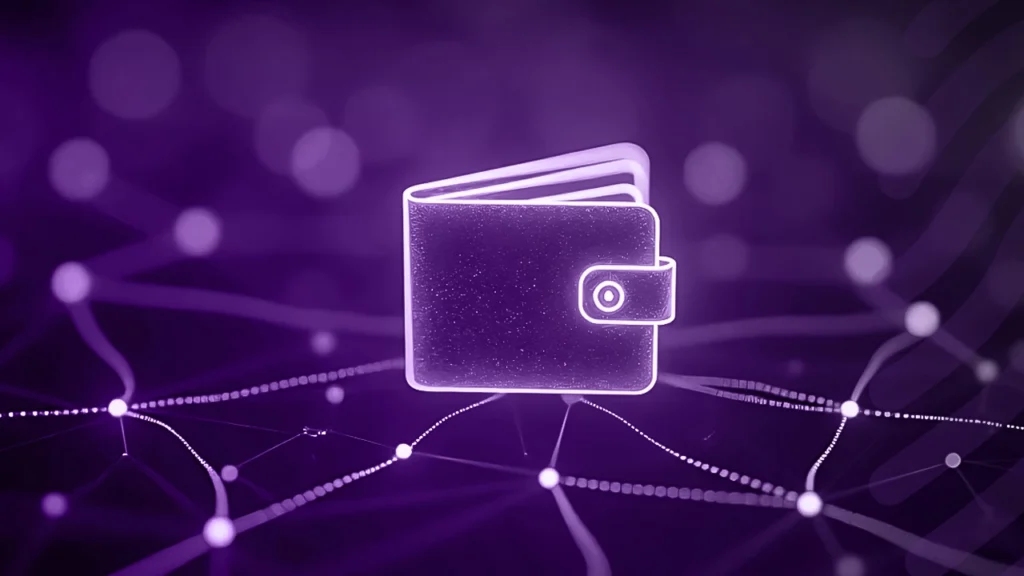Introduction: The Rise of Digital Identity Management
In an increasingly digital world, your identity has become one of your most valuable assets. Whether you’re opening a bank account, signing up for a new service, or accessing government benefits, your digital identity is at the heart of every transaction.
But with convenience comes risk. Traditional verification methods often rely on centralized databases and repetitive document submissions creating opportunities for data breaches, identity theft, and fraud.
To address these challenges, the world is embracing digital identity wallets a revolutionary approach that puts individuals back in control of their personal information.
What Is a Digital Identity Wallet?
A digital identity wallet is a secure, encrypted application that stores and manages your verified identity credentials. Think of it as a digital version of your physical wallet but instead of carrying plastic IDs and paper documents, it holds verified digital proofs like your passport, driving license, or employment certificate.
These credentials can be easily shared with trusted organizations like banks, fintech companies, or government platforms without exposing unnecessary personal data.
Digital identity wallets are built around three key principles:
- User Control – You decide what information to share and with whom.
- Security – Data is encrypted and protected with strong authentication measures.
- Interoperability – Wallets can be used across different sectors and platforms globally.
Why Digital Identity Wallets Are the Future
The shift toward digital-first interactions makes secure identity verification more critical than ever. Here’s why digital identity wallets are reshaping the way we manage our identities:
1. Enhanced Privacy and Security
With identity wallets, your data isn’t stored in one vulnerable central server. Instead, it’s encrypted and stored securely on your personal device. This decentralized model drastically reduces the risk of mass data breaches.
2. Seamless Customer Experience
Users no longer need to upload the same documents multiple times. Once verified, credentials can be reused across different institutions saving time and improving onboarding efficiency.
3. Regulatory Compliance
Digital identity wallets are compliant with global standards like GDPR, FATF, and eIDAS, helping businesses meet regulatory requirements for KYC and AML while maintaining customer trust.
4. Cross-Border Accessibility
For individuals living or working abroad, digital wallets make it easier to verify their identity across borders, supporting financial inclusion and access to essential services.
How Digital Identity Wallets Prevent Fraud
Identity fraud continues to be one of the fastest-growing cybercrimes globally. With billions lost annually to stolen credentials, the need for secure digital verification has never been greater.
Digital identity wallets address these vulnerabilities through:
- Multi-Factor Authentication (MFA) – Combining biometrics, passwords, and device recognition.
- Blockchain-backed Verification – Using immutable records to prevent forgery.
- Zero-Knowledge Proofs (ZKP) – Allowing verification without exposing sensitive data.
This means even if bad actors intercept a verification process, they cannot access or misuse your personal details.
Business Benefits: Why Organizations Are Adopting Digital Identity Wallets
For businesses, digital identity wallets represent more than just a security upgrade they’re a competitive advantage.
1. Faster Onboarding
Automated identity verification cuts onboarding times from days to minutes. Customers can authenticate instantly using pre-verified credentials.
2. Reduced Compliance Costs
KYC and AML checks often require repeated manual reviews. Wallets streamline this process, lowering operational costs and reducing errors.
3. Stronger Customer Trust
When users control their data, they’re more likely to engage with digital services confidently improving brand loyalty and retention.
4. Future-Proof Technology
As governments and regulators push for standardized digital identities, early adopters gain an advantage in compliance readiness and interoperability.
Challenges and Considerations
While digital identity wallets promise convenience and security, they also raise important questions around data privacy, standardization, and adoption.
Some users may still hesitate to store identity information digitally, highlighting the need for:
- Transparent communication on how data is encrypted and stored.
- Regular audits to ensure compliance with privacy laws.
- Collaboration between private and public sectors to ensure trust and interoperability.
Leading verification providers are already addressing these concerns by integrating AI-driven verification, biometric authentication, and real-time risk monitoring to enhance wallet security and usability.
Real-World Use Cases of Digital Identity Wallets
- Banking and Fintech: Simplified KYC onboarding and fraud prevention.
- Travel and Hospitality: Seamless check-ins and ticket verification.
- Government Services: Secure access to healthcare, tax, or education records.
- E-commerce: Verified purchases and digital receipts without exposing personal data.
These examples show how digital identity wallets bridge convenience with compliance, offering secure, user-centric solutions across industries.
Conclusion: Taking Control of Your Digital Identity
As the world transitions toward digital ecosystems, digital identity wallets empower individuals to take ownership of their identity, ensuring privacy, security, and trust in every transaction.
Businesses that integrate this technology into their onboarding and compliance systems not only enhance user experience but also stay ahead of global regulatory demands.
To explore how digital identity solutions can help you securely manage and verify customer identities, visit website to learn more.






